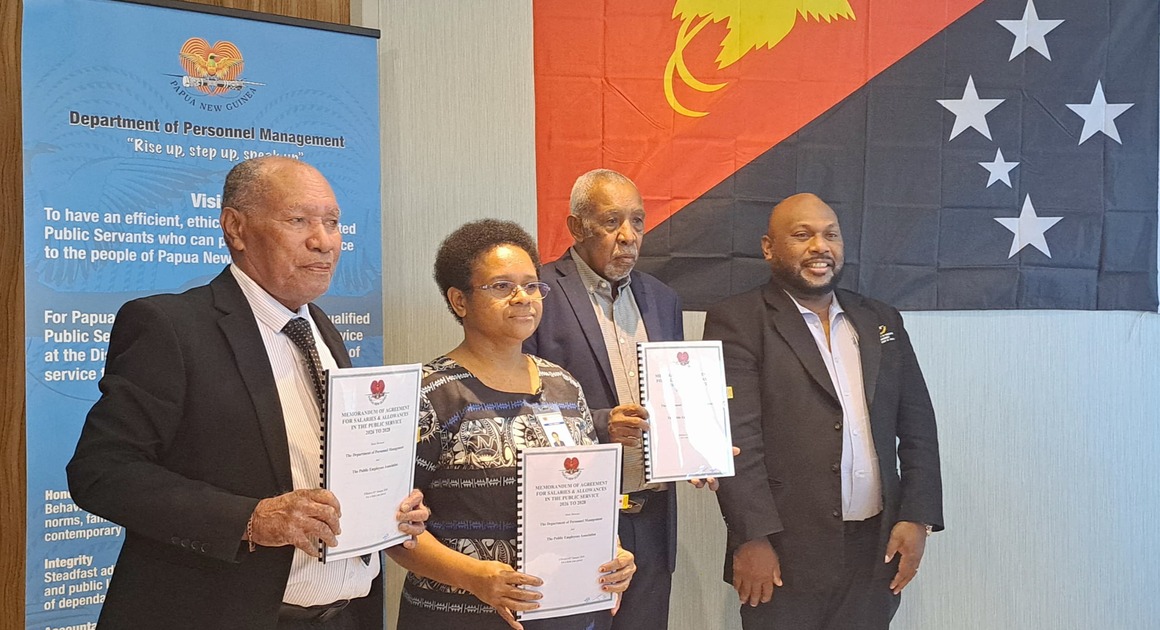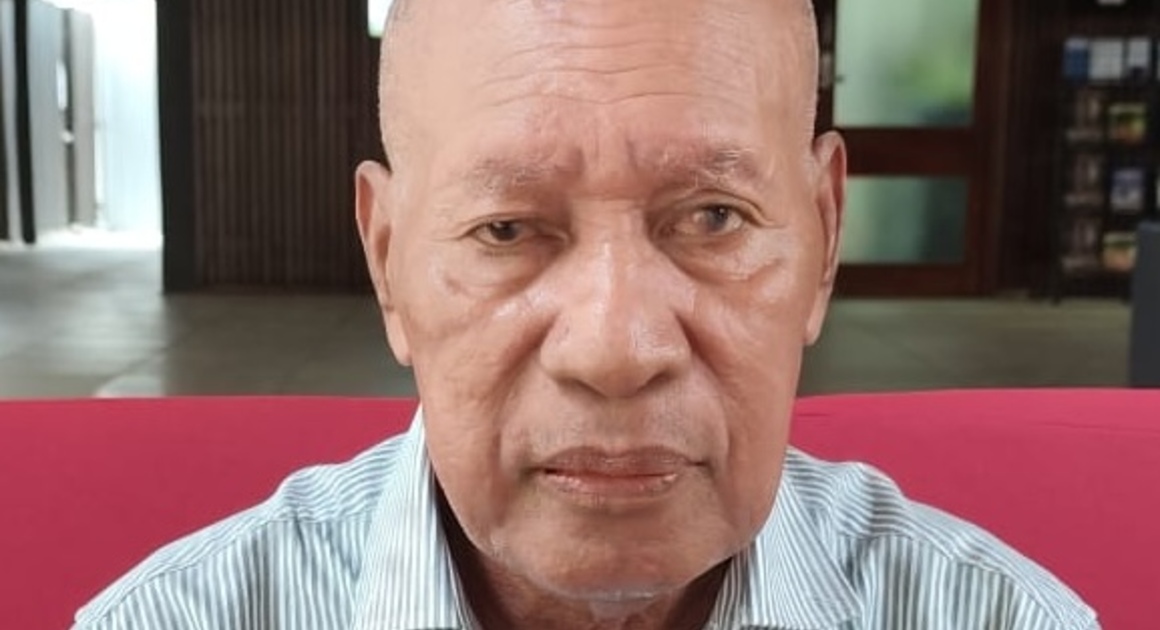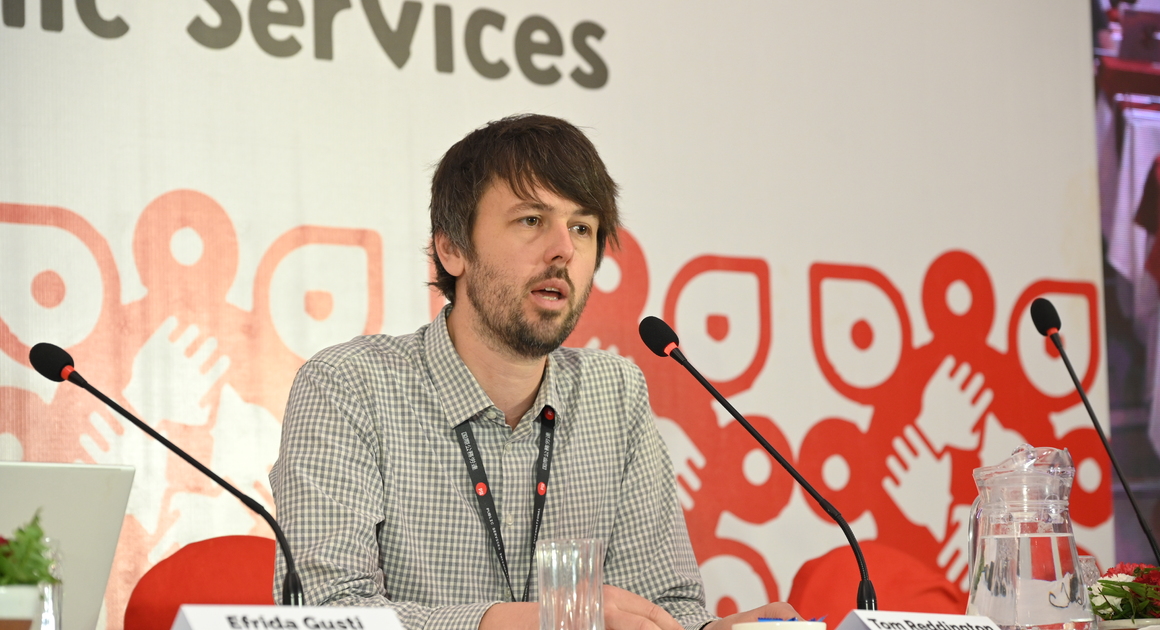in Papua New Guinea Public Workers Restore Collective Bargaining After 10 Years and Secure 3% Pay Increase

After a decade-long breakdown in collective bargaining, the Public Employees Association of Papua New Guinea has successfully restored negotiations with the government. Persistent advocacy secured a 3% wage increase - though the union had sought 7% - and revived meaningful dialogue on workers' rights.

Jyotsna Singh
For more than ten years, effective collective bargaining between the Public Employees Association (PEA) and the State had virtually ceased. The prolonged absence of meaningful dialogue left public servants without regular salary adjustments despite rising living costs and economic pressures.
In 2022, the PEA invoked the Conciliation and Arbitration Tribunal to break the impasse. This resulted in a ruling that mandated a 3% increase for public servants, which remained in effect until it expired in 2024.
In July 2025, the PEA lodged its Log of Claims. After more than a year of persistent advocacy, the union brought the government back to the negotiating table. On 30 October, the PEA and the Department of Personnel Management reached an agreement - a 3% salary increase for public servants effective January 2026.
The PEA had sought a 7% wage increase to address mounting economic challenges facing public servants. However, PNG's economy remains strained despite the country's mineral and gas boom. The government's budget repair strategy - in place from 2022 through 2028 - limited the scope for larger adjustments.
"The PEA's success in Papua New Guinea is a testament to the power of union perseverance and strategic advocacy. Despite a decade-long breakdown in collective bargaining, we didn't give up. We kept fighting until we brought the government back to the table. The 3% increase will help cushion the impact of currency devaluation and rising living costs, and critically, we've secured commitments for ongoing discussions about insurance and healthcare coverage," said Ugwalubu Mowana, General Secretary, PEA.
Ugwalubu Mowana PEA General Secretary

Our success in Papua New Guinea is a testament to the power of union perseverance and advocacy. Despite a decade-long breakdown in collective bargaining, we didn't give up. We fought until we brought the government back to the table.
Nevertheless, PEA secured important clauses to keep discussions open on critical benefits, including life insurance and medical coverage for public servants and their families. The 3% increase will provide relief to household budgets and help preserve the purchasing power of the Kina, which has been weakened by currency devaluation. The agreement doesn't include teachers and disciplinary forces.
Perhaps most significantly, the agreement represents a restoration of the collective bargaining process in Papua New Guinea's public service after years of stagnation. The PEA expressed satisfaction not only with the concrete outcomes achieved but also with successfully reigniting the spirit of collective bargaining and constructive dialogue between public service workers and the State.
Tom Reddington PSI Sub-regional Secretary for Oceania

What the PEA has accomplished in Papua New Guinea goes beyond a percentage point - it's about restoring dignity and voice to public service workers. In an era where governments across the region are implementing austerity measures, this agreement shows that unions can still deliver results through persistent, strategic organizing
"What the PEA has accomplished in Papua New Guinea goes beyond a percentage point - it's about restoring dignity and voice to public service workers. In an era where governments across the region are implementing austerity measures while workers face mounting economic pressures, this agreement shows that unions can still deliver results through persistent, strategic organizing. The inclusion of provisions for continued dialogue on healthcare and insurance coverage demonstrates smart bargaining that looks beyond immediate gains to long-term worker wellbeing. PSI stands ready to support similar efforts by public service unions throughout our global network," said Tom Reddington, Sub-regional Secretary for Oceania, PSI.